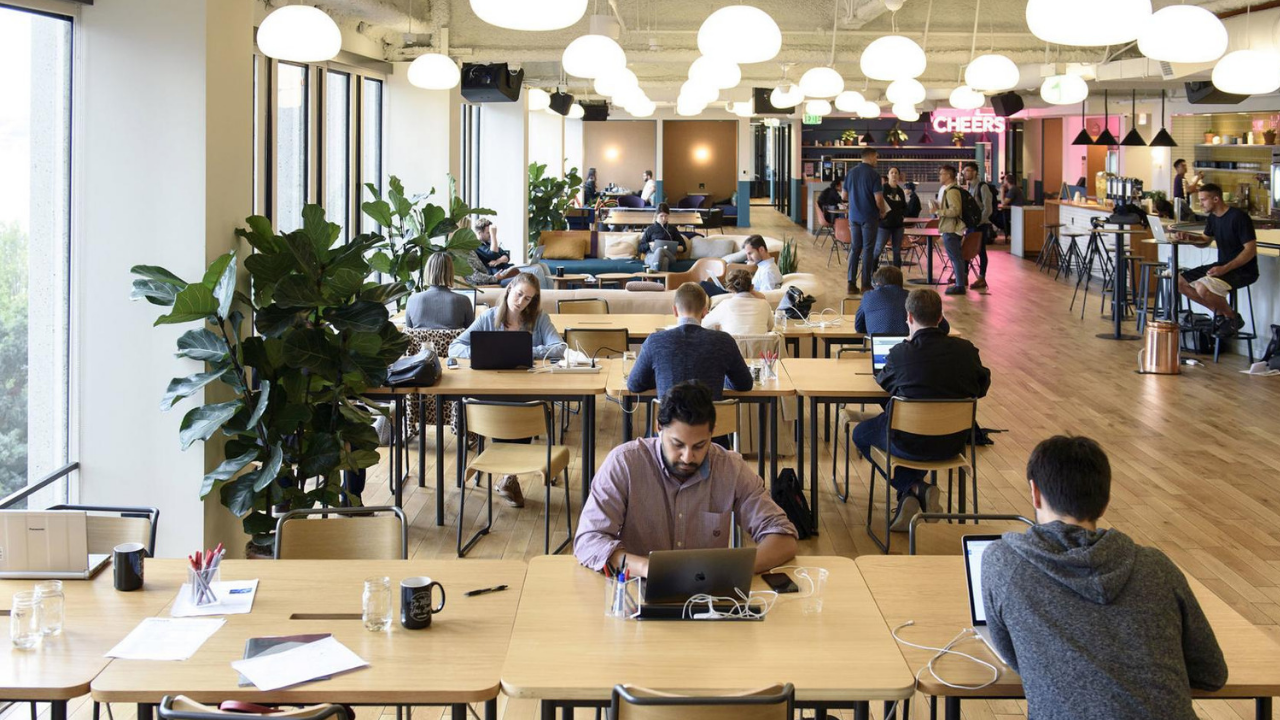Trends in the workplace for a new year can be unexpected, but movements such as #MeToo and others will most likely dictate the direction it is expected to take. Experts weigh in on how workplace technology, data, and other issues will pave the path of office trends for 2019.
Recently, extended parental leave has become a huge trend for new mothers and fathers as companies attempt to retain millennial talent. Carol Sladek, leader of Aon Hewitt’s work-life consulting program, says that companies will start extending family leave for non-parents that need time off to take care of aging parents or grieving the loss of a family member.
The Family and Medical Leave Act does allow employees to take up to 12 weeks to care for ailing members, but it only guarantees unpaid leave.
Today’s job force sees workers moving between jobs more often, so companies need to offer more to compensate new workers.
“In today’s labor market, the best way to get a raise is to go find a job at another company,” Brian Kropp, group vice president for Gartner’s human resources practice, said. “Employers are “not as willing to pay more for the people they’ve got. It’s a really interesting dynamic.”
Thanks to websites like Glassdoor, many employers are becoming more transparent about pay, but this could cause morale issues between workers and managers if they do not offer what they see as fair pay.
Privacy has become prioritized among many workers. Threats to data and personal privacy are expected to raise some concerns among employees. Kristina Bergman, CEO of Integris Software, says that employers will be expected to provide their workers with certain protections, such as needing consent to use their data.
“I think what they’ll start to demand is that employers specify a certain duty of care when it comes to dealing with their data,” Bergman said. “I think it will become part of their marketing pitch, in the same way benefits packages are, as employers start to disclose how they treat employers’ data, too, and use that as an indicator of the moral and ethical fabric of the company.”
Office design is also expected to start transforming. Phone booths are predicted to become an office staple according to Jonathan Webb, vice president of workplace strategy at design firm KI. Open office designs are not favored by many workers due to its distracting nature, but it has become a household office design that is here to stay. But now, offices are expected to begin offering more small conference rooms and private collaboration areas.
Technology in the workplace will also start shifting away from email for internal communication methods. Messaging tools such as Slack and Microsoft’s Teams, which industry analyst Josh Bersin expects to take off in 2019, will continue to grow rapidly.
Tech tools that “nudge” employees will also be adopted. Users would be able to nudge managers and employees to remind them of daily and big picture tasks.















